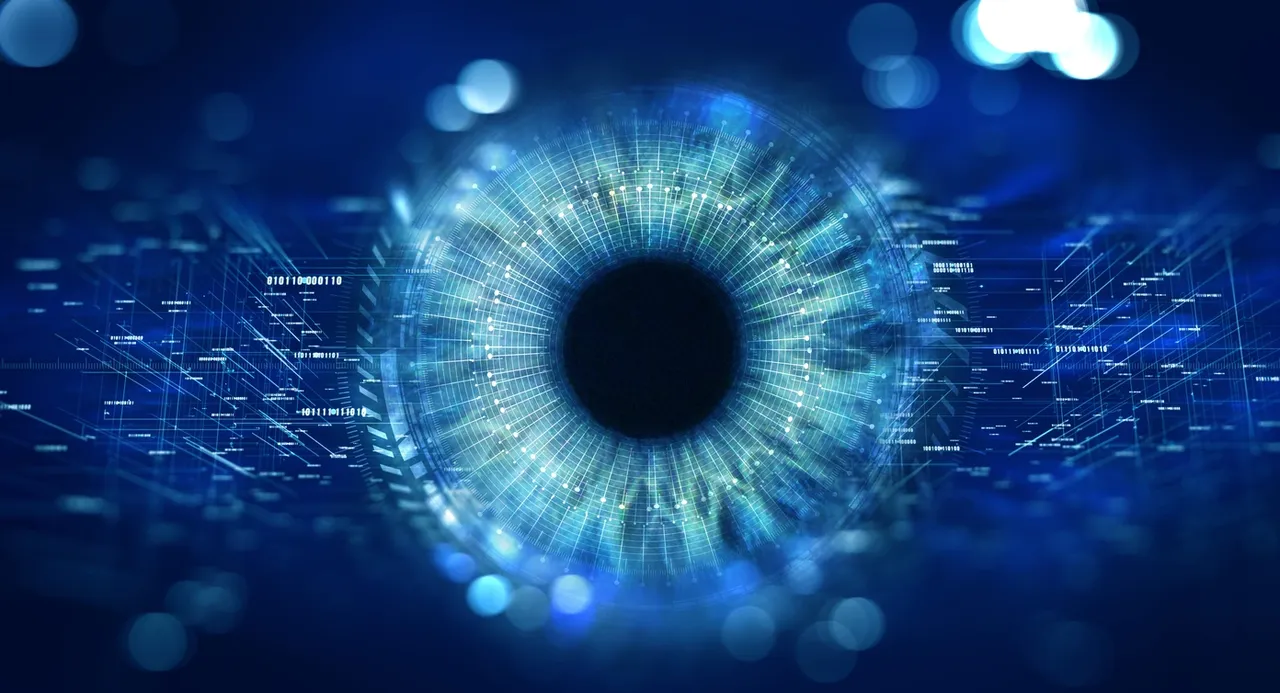When I discovered Open AI & Chat GPT for myself on December 4th, I immediately wanted to share my thoughts and excitement about such a tremendous breakthrough with the world. Then my curiosity stopped me and whispered – wait and observe!
What I have been witnessing over the last two months pushes me to start this conversation and ask: Despite all challenges that the exponential growth of AI will bring, what are the real fears behind such tremendous resistance that we observe?
There is a well-known saying that ‘nothing will replace human creativity’, which I’ve heard has the following part: “and human paranoia”.
I must admit it sounds true.
We acknowledge that Chat GPT is a haven for cheaters, that it may threaten ‘intellectual labour’, that it’s biased, “wants to be alive” and more. All these concerns are valid but let me remind you that we should deal with these challenges anyway – with AI or without.
On the other side, what if the real fear behind “pushback” is different? Boringly the same as in any change that we experience:
- Loss of control.
- Loss of face
- Lack of competence
- Avoidance of uncertainty
- Resistance to more work
- Other?
Not being truthful with yourself about these fears might lead to unrighteous judgment and ugly decisions.
My goal is not to analyze where we stand with AI progress and humans’ readiness for it.
I simply want to remind everyone of our negativity bias and the need to overcome it by seeking out positive perspectives and opportunities in life.
At the end of the day, on the time of our “readiness” or not it arrived – AI is here to stay.

An immigrant perspective.
I consider myself to be successful. Over 12 years of living in Canada I established my roots and built a solid career as an immigrant. English as a second language has been always an obstacle on this journey (despite it being the fifth language that I speak, and I speak English well). Having said that, here are some of my lived experiences over the last 12 years: I have been discriminated against based on my language, I have been laughed at for my accent, and I have been denied opportunities because of it. Once I have been even called “a thief” while returning a cashmere sweater and leather boots that did not fit me – my English, and a bias that someone like me can’t afford such expensive items was the case.
What does not kill you, makes you stronger. That’s a fact. The fact is also that the amount of energy these battles take is tremendous and this energy is wasted for nothing.
As of 2021, Canada is home to around 1.3 million immigrants. This represents about 3.5% of the total population of Canada. The vast majority of these immigrants are permanent residents, although there are also significant numbers of temporary residents, such as international students and temporary foreign workers.
The projections for the next 20 years show that immigration will continue to be a major contributor to population growth and economic development in Canada. According to the Government of Canada’s immigration plan, the country aims to welcome 465,000 new permanent residents in 2023, 485,000 in 2024, and 500,000 in 2025.
The government’s projections indicate that immigration will continue to be an important source of population growth in Canada over the next 20 years. It is expected that the number of immigrants will continue to increase and that the proportion of the population that is foreign-born will continue to rise.
AI-powered chatbots and virtual assistants will be a huge support to these people helping them navigate complex processes, find information, and resources, and communicate more effectively.
Immigrants are often at a disadvantage in the job market due to a lack of language skills, lack of access to networks, and a lack of understanding of the local job market. With the help of AI, this disadvantage might be overcome, and the Canadian labor market might finally get the skilled workers that it needs so desperately.
Internationally educated professionals may have better chances to adjust to AI-enabled jobs due to the skills they already possess such as diverse cultural awareness, adaptability, flexibility, and the ability to learn quickly.
Wouldn’t this be great? It would.
Unless there is a fear that immigrants will take everyone’s jobs 😉
Notre Dame’s Gargoyle to conclude and make us all reflect and think

At Quiet Tenacity, we believe that a successful future requires cultural curiosity. Every business is a people business, and every person in a business brings their own unique cultural beliefs. These beliefs have the potential to inspire or create misunderstandings and conflicts. That’s why we’re here to help you develop your cultural intelligence, whether it’s in your personal or professional life: on your team, in your organization, in your community, or in your country.
We all operate in the global environment now. Are you ready with your global skills?
Let us help you on this journey.
